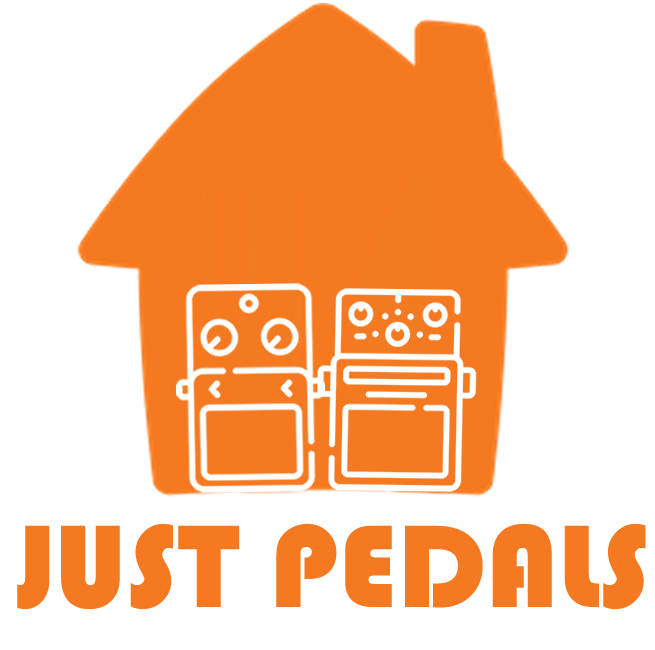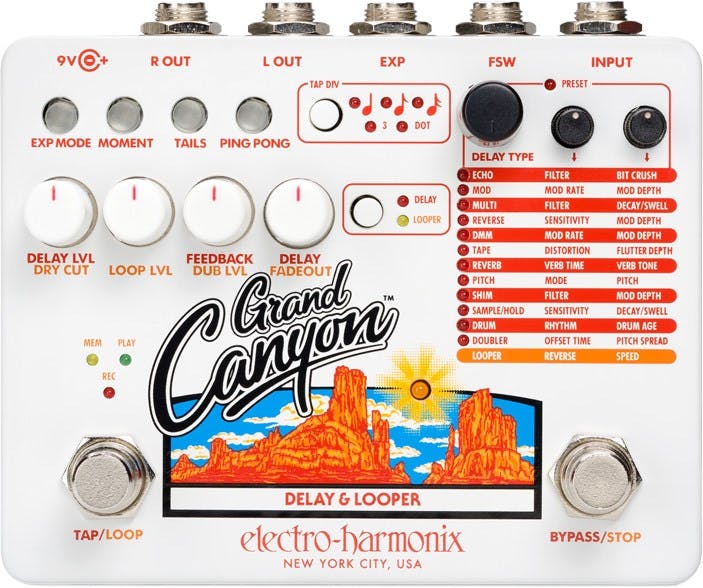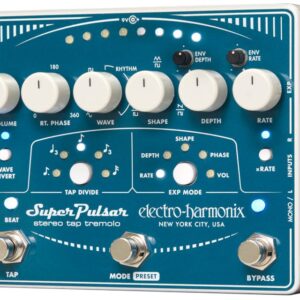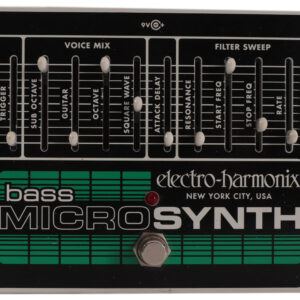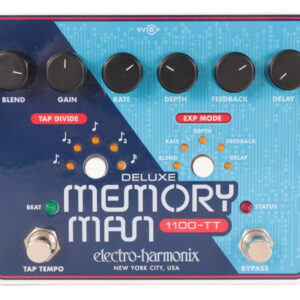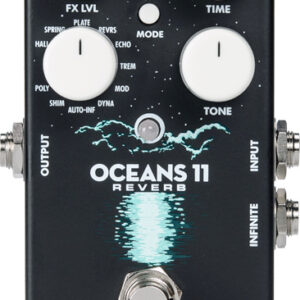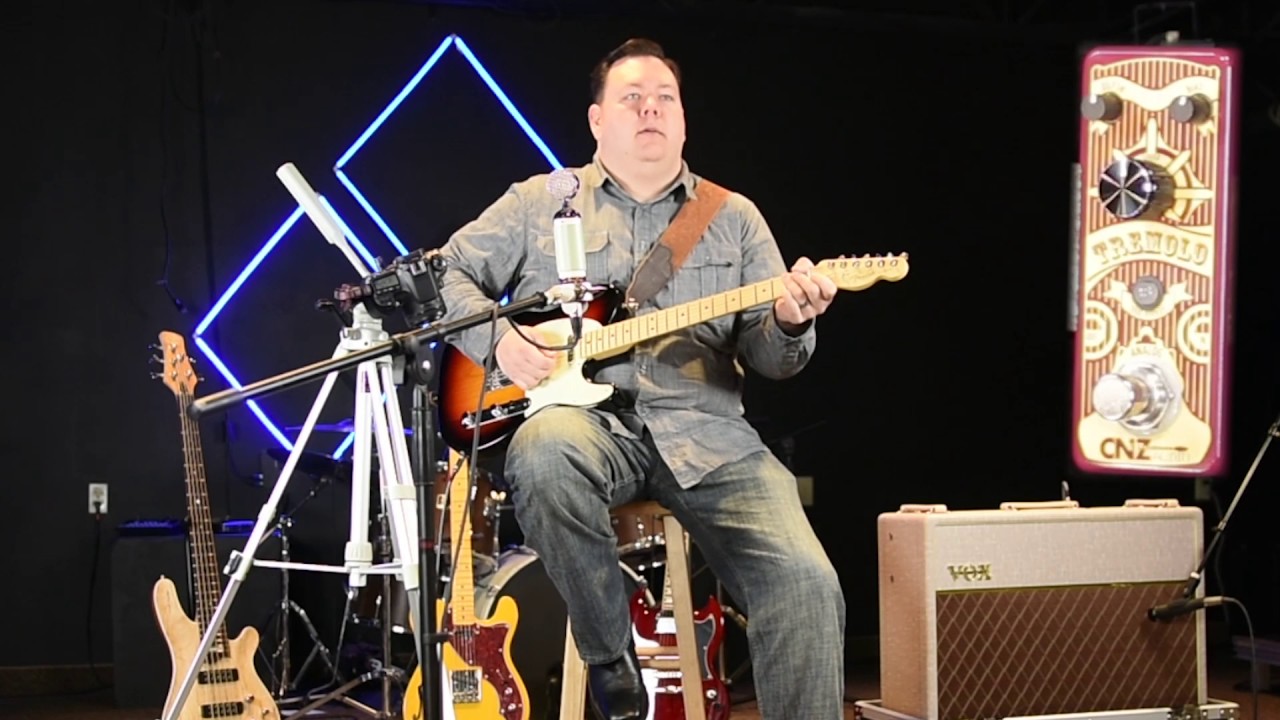Description
The Electro Harmonix Grand Canyon multi function delay and looper pedal is currently retailing at £269 and it is in stock. Available to be delivered to you by post direct (some charge may apply).The team at Just Pedals think that Electro Harmonix nailed it with the Electro Harmonix Grand Canyon multi function delay and looper pedal.
The Electro-Harmonix Grand Canyon is an absolute powerhouse delay and looper pedal with 12 different delay effects salivate over, tap tempo to keep you in time, a looper to jam along with yourself and the ability to use the echo functions with the looper for massive soundscapes.
The Grand Canyon has tons of tweakability to really hone in on what your delay sounds like but also sounds good with any settings – you can't make it sound bad! It also has some interesting additions to the delay including bit crunching and low/high pass filtering to muddy up your delays or really make the top-end sparkle.
It's got stereo outputs for those 'wall of sound' tones and an expression output so that you can control swells with an expression pedal.
Here's what Electro Harmonix say about the Grand Canyon
The Grand Canyon is EHX’s most advanced multifunction delay and looper pedal. It’s equipped with 12 effect types plus a fully featured looper capable of recording and overdubbing the Grand Canyon’s effects.
The pedal provides superior sound quality, up to three seconds of delay time, tap tempo and nine tap divide settings, stereo output, 13 presets, programmable EXP pedal settings, high quality analog bypass with soft switching and more. The Grand Canyon’s 13 modes are:
1. Echo – pristine 24-bit digital delay with available bit crush/sample rate reduction and low/high pass filtering
2. Mod – Modulated delay, yields rich flanger, chorus, vibrato, warble and more
3. Multi – Multi-tap delay, set the exact number of echo repeats up to 31. Includes adjustable swell or decay volume envelopes on repeats.
4. Reverse – Reverse delay, an easy-to-use reverse delay with an intelligent pick detection algorithm for great sounding reverse echoes
5. DMM – Deluxe Memory Man, re-creates the luscious tone of EHX ‘s legendary bucket-brigade delay pedal
6. Tape – Tape Delay, simulates the organic sound of an analog tape, echo machine including tape distortion, wow and flutter
7. Reverb – Plate reverb plus echo. A reverberant echo where each repeat is followed by a wash of gorgeous plate reverb. Can also be used as a pure reverb without the delay
8. Pitch – EHX’s critically acclaimed polyphonic pitch shifting plus digital delay provides pitch-shifted echoes and cascading echo repeats
9.Shim – Shimmer generates a rich octave-shifted wash of shimmering soundscapes
10. Sample/Hold – Sample and hold, senses a note being played and produces echoes indefinitely until another note is detected
11
